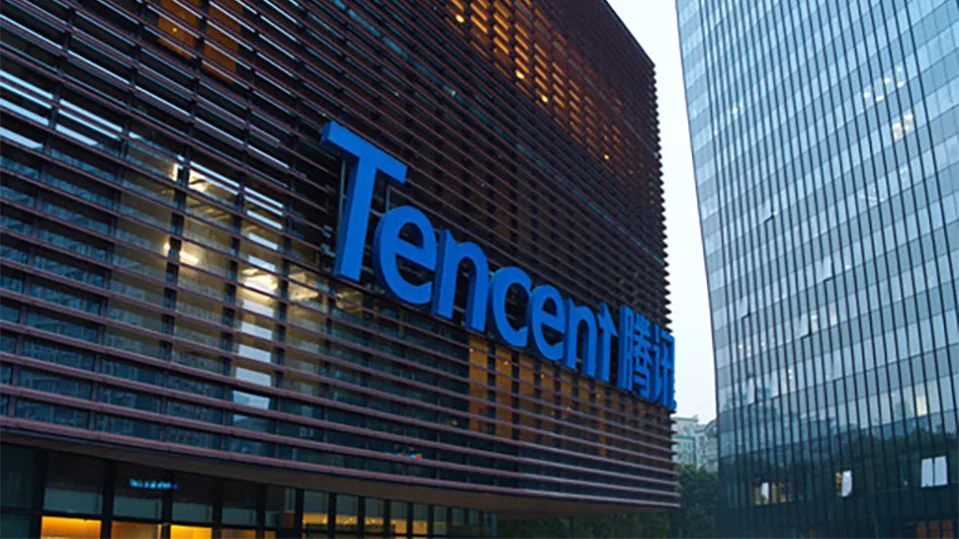As shipments of high-performance processors based on x86 and Arm architectures to China face increasing challenges, the country is gradually shifting towards locally designed data center platforms. Consequently, Chinese companies are also required to adopt locally developed operating systems. Tencent Cloud has recently introduced TencentOS Server V3, which is compatible with Huawei’s Kunpeng, Sugon’s Hygon, and Phytium’s FeiTeng CPUs, according to DigiTimes.
TencentOS Server V3 is primarily designed for large-scale server clusters utilizing China’s three main server CPU lines: Arm-based Huawei’s Kunpeng, x86-based Sugon’s Hygon, and Arm-based Phytium’s FeiTeng CPUs. The operating system enhances CPU efficiency, reduces power consumption, and optimizes memory usage. To further refine its operating system and data centers for domestic processors, Tencent has collaborated with Huawei and Sugon to develop high-performance platforms tailored for domestic databases.
Additionally, TencentOS Server V3 is capable of operating GPU clusters, which will significantly support Tencent’s AI initiatives. The latest version of this operating system fully supports Nvidia GPU virtualization, enhancing the utilization of processors for tasks that are simple yet resource-intensive, such as optical character recognition (OCR). According to DigiTimes, this advancement has cut Nvidia cluster card procurement costs by nearly 60%.
DigiTimes also notes that TencentOS Server, with nearly 10 million machines in use, is among the most widely deployed Linux operating systems in China. However, it is not the sole server-oriented Linux distribution developed in the country. For instance, Huawei has developed its own operating system, OpenEuler, which last year held a 36.8% share of the Chinese server OS market. This positioned it ahead of CentOS/Red Hat (20.7%), Windows (19.3%), and Ubuntu/Debian (10.1%).
In response to U.S. sanctions, Huawei initiated the development of EulerOS, releasing its first open-source version in December 2019 and a commercial version in September 2021. According to the report, servers powered by openEuler are expected to capture significant market share across various sectors by 2023: over 50% in finance, more than 70% in public services, and over 40% in the energy and power industries.
The shift towards domestic server operating systems underscores China’s commitment to technological self-sufficiency and enhanced cybersecurity. Alongside Huawei’s progress, Tencent’s parallel efforts in server OS development highlight a robust trend towards technological autonomy within China. This strategic move aims to address security and supply chain concerns while ensuring greater control over critical digital infrastructure.
